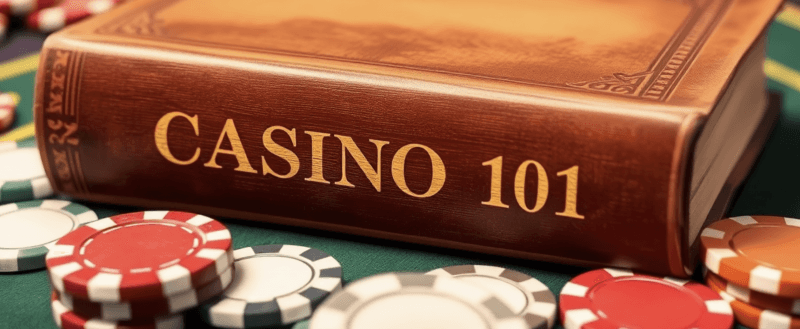Gambling is a popular pastime for many people, with activities ranging from playing slot machines at a casino to betting on sports games. While some individuals may only gamble occasionally, for others, it can become a compulsive and destructive behavior. Understanding the psychology behind why people enjoy gambling can help to shed light on why some people are more prone to developing gambling problems and how to address these issues.
One of the primary reasons that people enjoy gambling is the excitement and thrill of potentially winning money. Winning a bet or hitting the jackpot can be a rush of adrenaline that can be highly addictive. Gambling can also provide a sense of escape from everyday problems and a way to cope with stress or negative emotions.
Another psychological factor contributing to the appeal of gambling is the feeling of control it can give individuals. When placing a bet, people may feel they have some control over the outcome, even though the actual odds may be against them. This illusion of control can be particularly attractive to people who feel powerless in other areas of their lives.
Gambling can also offer a sense of social connection and community. Many people enjoy the social aspect of playing games at a casino or participating in a friendly poker game with friends. For some individuals, the social aspect of gambling may be just as important as the actual act of gambling itself.
However, while gambling can provide temporary feelings of excitement and control, it can also lead to negative consequences. For some individuals, the pursuit of these positive emotions can become compulsive and lead to financial problems, relationship difficulties, and other negative impacts on their lives.
One psychological theory that can help to explain why some people develop gambling problems is the reinforcement theory. According to this theory, people are more likely to engage in a behavior if it is followed by a reward. In the case of gambling, the potential reward is the excitement of winning money. When someone wins a bet, they may be more likely to continue gambling in the hopes of experiencing that feeling again. This can lead to a cycle of chasing the thrill of winning, which can become difficult to break.
Other psychological factors that may contribute to the development of gambling addiction include low self-esteem, feelings of inadequacy, and a desire to fit in or be accepted by a group. Gambling can also serve as a way for people to numb emotions or escape from problems in their lives.
In conclusion, people enjoy gambling for a variety of psychological reasons, including the excitement and thrill of potentially winning, the feeling of control it can provide, and the sense of social connection it can offer. However, gambling can also have negative consequences, particularly when it becomes compulsive. Fortunately, on Blockspingaming, you play for free and receive free chips every day. It starts from 500 and reaches 1 million if you reach level 100! You can enjoy the thrill without the risk of losing money.




